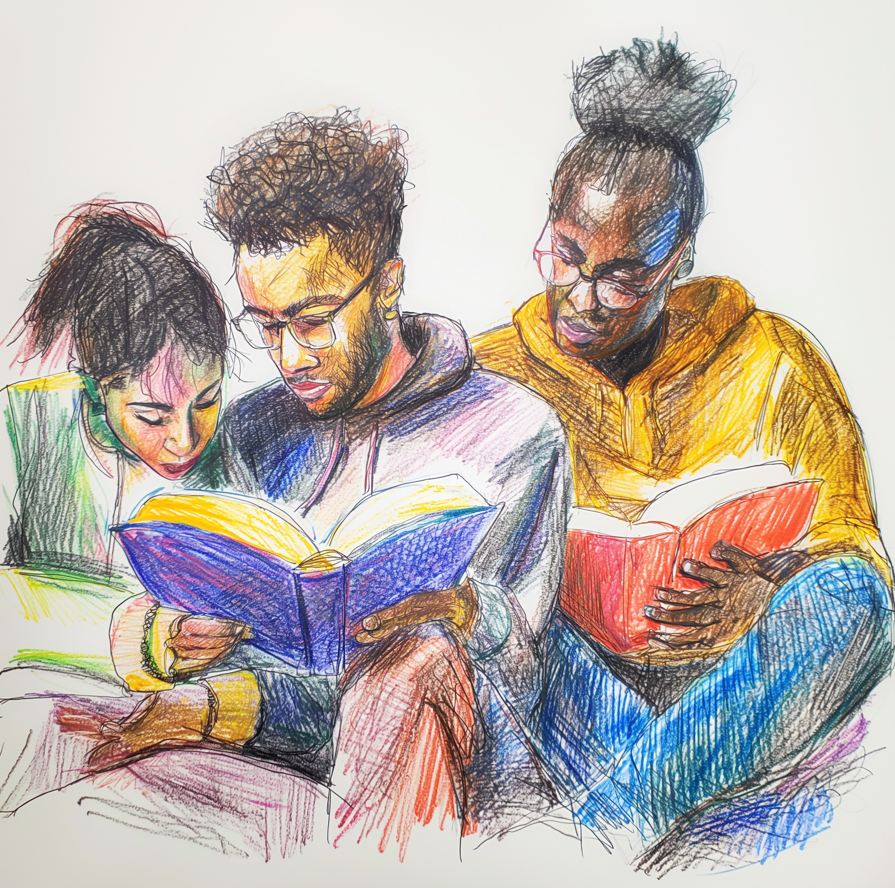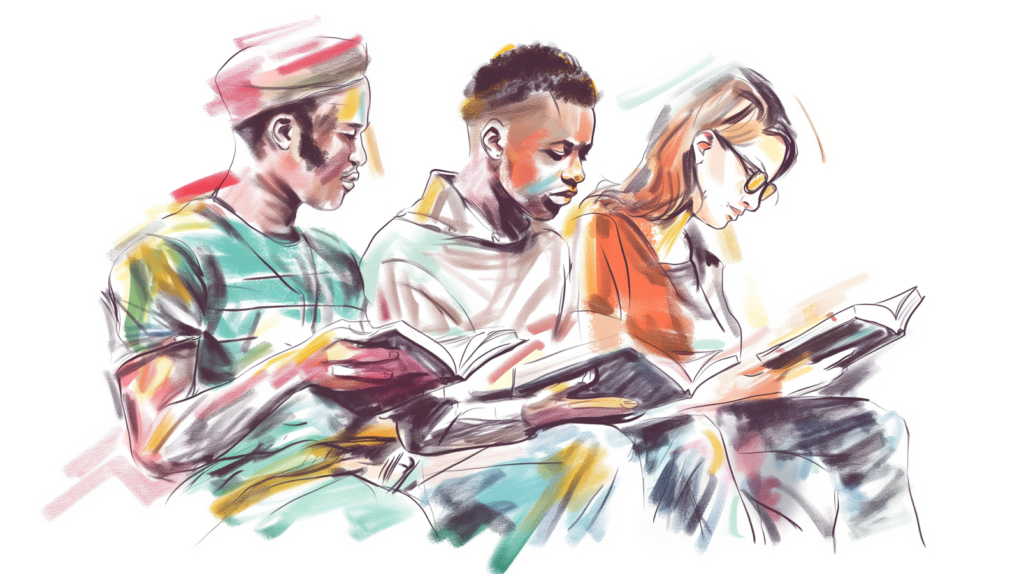More About LearnCUID
Policies
LearnCUID operates under the same privacy and ethical policies as its partner initiative, Physiognomy at School. These policies ensure that all participants engage in a safe, private, respectful, and academically rigorous environment, emphasizing data protection, responsible research practices, and ethical engagement with cultural materials. The initiative upholds strict guidelines to ensure that learner contributions, research findings, and digital resources are used responsibly and with proper attribution.
Each cultural learning group within LearnCUID functions as an independent research unit, consisting of its own set of learners, mentors, curated materials, and digital repositories. These groups operate under a shared structure but maintain distinct research topics, methodologies, and resource collections, tailored to their respective cultural focus. The repositories of resources, developed through ongoing collaboration, include archival texts, oral history recordings, academic articles, visual materials, and mentor-provided references.

Publications
The learning outcomes of LearnCUID groups have proven to be fruitful, rich, and intercontinental in their global perspectives. Although the learning and research processes in LearnCUID remain mostly private, in accordance with the policies of “Physiognomy at School,” some of the findings have been published independently and in small-run copies, even from the initiative’s first years of operation (2020–2021), spanning disciplines such as history, law, and philosophy (e.g., Marginals of the Ancient Period, Ancient Worlds in Comparison, The Mosaic of Global History of Law, History View Point Press). Therefore, LearnCUID serves as an example of how the initiative’s work can extend beyond digital learning into tangible academic contributions. These publications highlight the depth and originality of research conducted within these groups, reinforcing their role also as incubators for innovative cultural scholarship.
Conclusion
Since its (un)official launch in 2020, LearnCUID has established itself as a leading digital informal learning initiative, dedicated to cultural education and research-driven engagement. By providing a structured yet flexible learning model, the program has successfully connected thousands of learners across different cultural backgrounds, offering a deep, collaborative, and mentor-guided approach to understanding global traditions.
The program’s long-term research structure, high retention rates, and growing participation demonstrate its sustainability and effectiveness in fostering intercultural competence. With each passing year, LearnCUID continues to expand, offering new cultural themes, enhanced digital learning tools, and a wider network of academic and cultural mentors.
The diversity of learning experiences within each group ensures that participants engage deeply with cultural nuances, fostering a genuine and immersive understanding of the traditions, histories, and artistic expressions they explore. This approach allows learners to build expertise in specific cultural areas while benefiting from the program’s overarching commitment to interdisciplinary and cross-cultural exchange.
Looking ahead, LearnCUID remains committed to bridging cultural gaps, promoting inclusive education, and empowering learners to explore, analyze, and appreciate the richness of world cultures. Through ongoing innovation and collaboration, the initiative will continue to serve as a model for digital cultural education, inspiring lifelong learning and global connectivity in an increasingly interconnected world.
Contact Information
LearnCUID is a spin-off initiative of the “Physiognomy at School” initiative. For any general inquiries related to LearnCUID, including participation, collaboration, or further details about research groups, please contact the team of Physiognomy at School at: physiognomy@physiognomyatschool.com.

Note: The current website has undergone updates and improvements, with the latest update in February 2026.